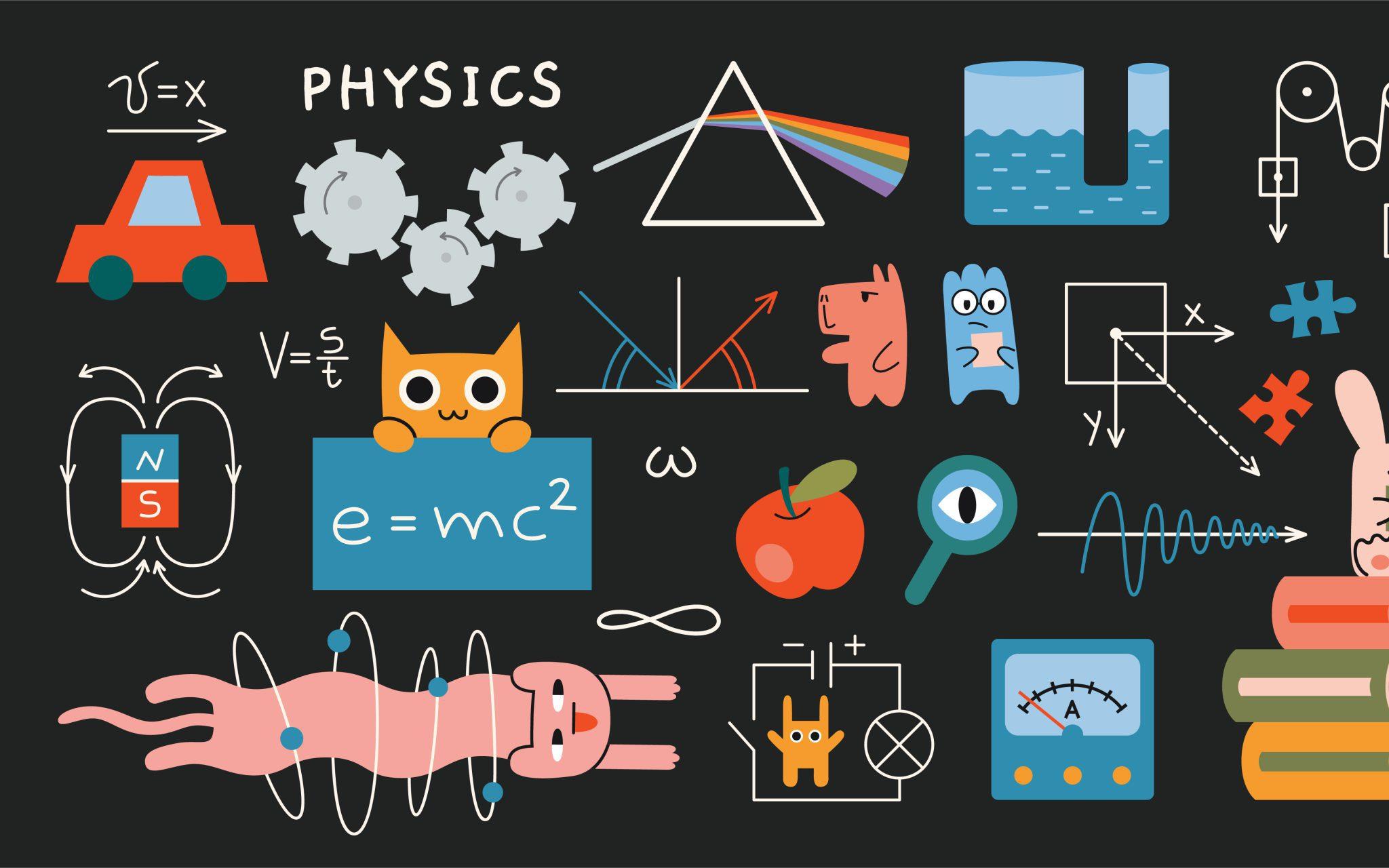Making Climate Change Understandable: Franz Embacher Presents an Analytical Model for Physics Teaching in Schools and Universities

27 February, 2025
A physical model by Franz Embacher (UAS Technikum Wien) is designed to make climate change more understandable in the classroom. Interactive simulations allow students to explore the dynamics of the climate system themselves.
In his paper “An analytic model for climate and climate change
suitable for advanced physics education”, Franz Embacher, head of the research fields ‘Applied Mathematics and Statistics‘ and ‘Applied Physics‘, presents a simplified but comprehensive climate model suitable for physics teaching at advanced high school and bachelor’s level. The model is designed to establish the connection between complex climate simulations and basic physical principles, making them more understandable for high school and undergraduate students.
Observing results and developing an understanding of climate dynamics and change
The model provides a hands-on learning experience in which students can manipulate variables, observe results, and develop a solid understanding of climate dynamics and current climate change. The model includes representations of positive feedbacks, such as the ice-albedo feedback, in which melting ice reduces the Earth’s reflectivity, leading to further warming. By adjusting feedback parameters, students can gain insights into the stability and variability of the climate system.
Objective: to foster the next generation of scientists
This approach is in line with educational strategies that emphasize active learning by applying theoretical concepts to real-world scenarios. Such methods have been shown to improve students’ understanding and retention, especially of complex topics such as climate science. The goal of this model is to foster the next generation of scientists capable of addressing pressing environmental issues.
Further links:
Paper by Franz Embacher:
An analytic model for climate and climate change suitable for advanced physics education
Fields of Competence Applied Physics and Applied Mathematics and Statistics